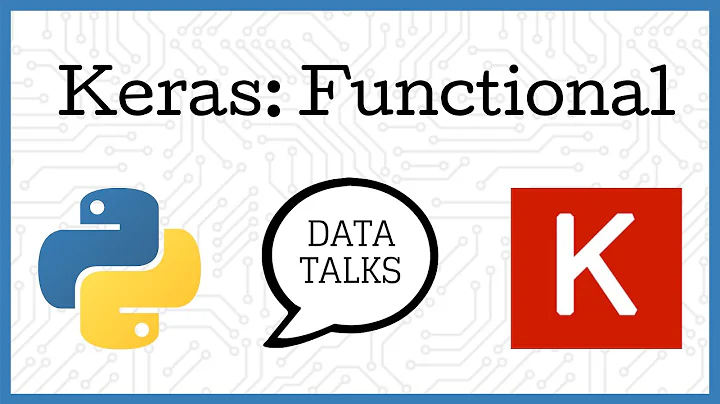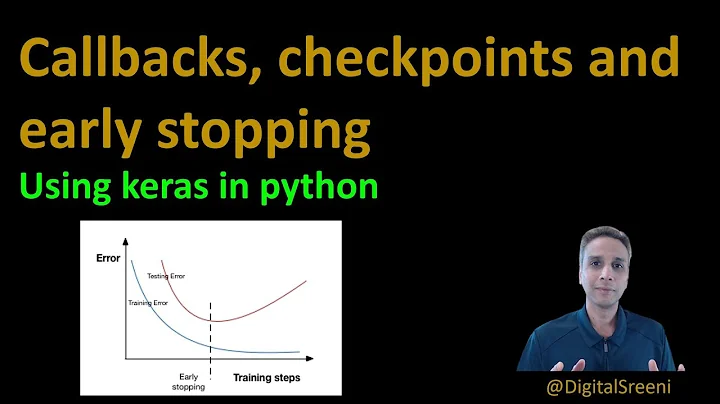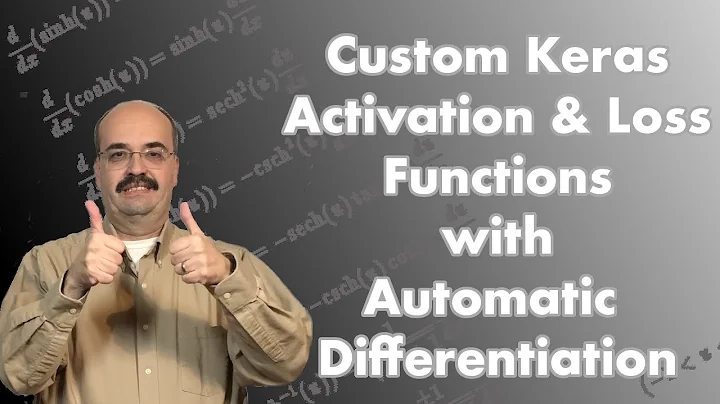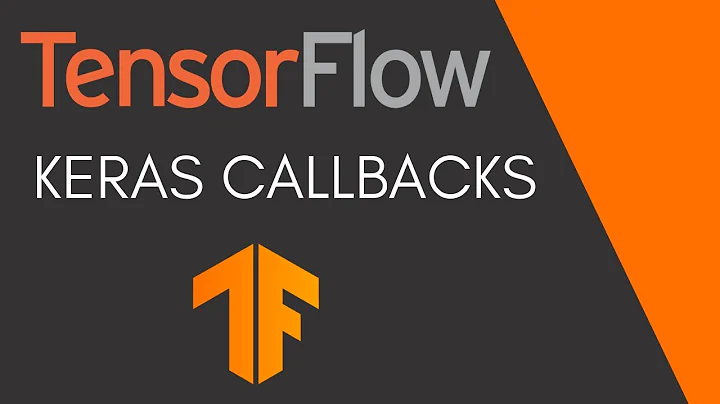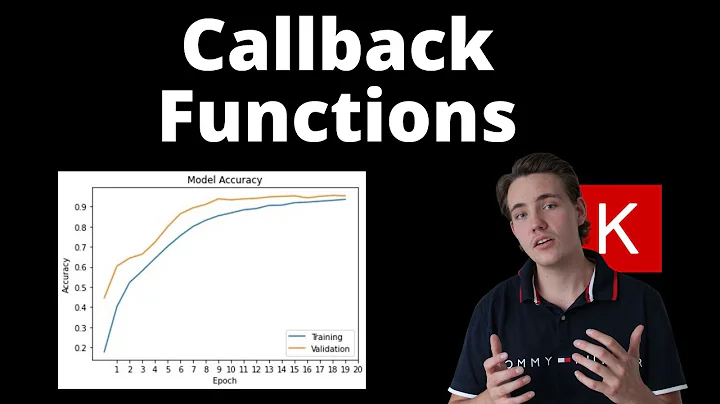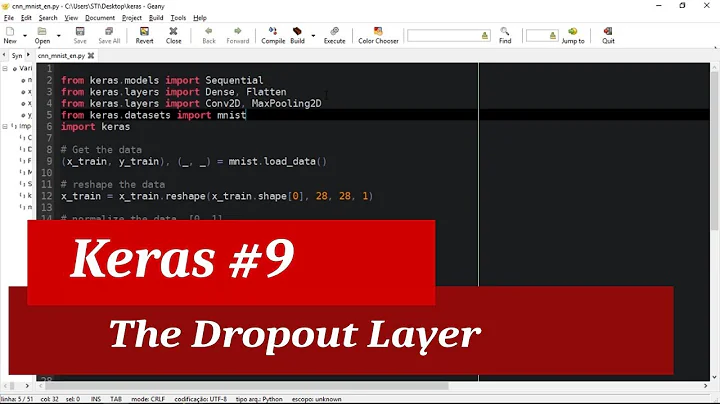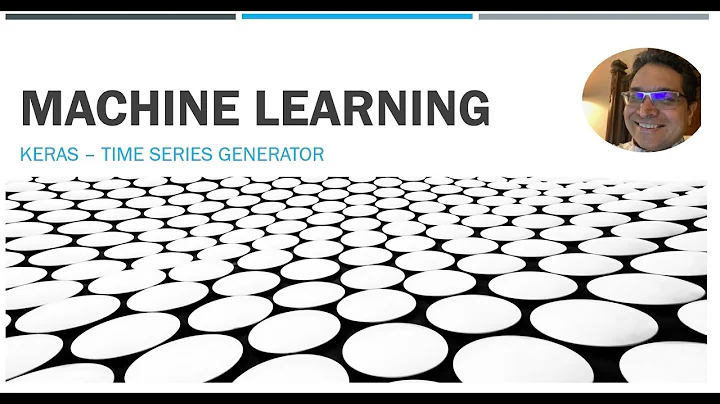Calling "fit" multiple times in Keras
Solution 1
For datasets that do not fit into memory, there is an answer in the Keras Documentation FAQ section
You can do batch training using
model.train_on_batch(X, y)andmodel.test_on_batch(X, y). See the models documentation.Alternatively, you can write a generator that yields batches of training data and use the method
model.fit_generator(data_generator, samples_per_epoch, nb_epoch).You can see batch training in action in our CIFAR10 example.
So if you want to iterate your dataset the way you are doing, you should probably use model.train_on_batch and take care of the batch sizes and iteration yourself.
One more thing to note is that you should make sure the order in which the samples you train your model with is shuffled after each epoch. The way you have written the example code seems to not shuffle the dataset. You can read a bit more about shuffling here and here
Solution 2
This question was raised at the Keras github repository in Issue #4446: Quick Question: can a model be fit for multiple times? It was closed by François Chollet with the following statement:
Yes, successive calls to
fitwill incrementally train the model.
So, yes, you can call fit multiple times.
Related videos on Youtube
jonas smith
Updated on April 23, 2020Comments
-
jonas smith about 4 years
I've working on a CNN over several hundred GBs of images. I've created a training function that bites off 4Gb chunks of these images and calls
fitover each of these pieces. I'm worried that I'm only training on the last piece on not the entire dataset.Effectively, my pseudo-code looks like this:
DS = lazy_load_400GB_Dataset() for section in DS: X_train = section.images Y_train = section.classes model.fit(X_train, Y_train, batch_size=16, nb_epoch=30)I know that the API and the Keras forums say that this will train over the entire dataset, but I can't intuitively understand why the network wouldn't relearn over just the last training chunk.
Some help understanding this would be much appreciated.
Best, Joe
-
Dr. Snoopy over 7 yearscreating a custom generator class and using it with fit_generator would avoid the whole problem of calling fit multiple times.
-
-
ymeng over 6 yearsI understand we can use train_on_batch, but I still do not understand why the OP's original code would not work. Does fit() update the model in each iteration of data feeds as well?
-
jupiar over 5 yearsThe statement "Yes, successive calls to
fitwill incrementally train the model" seems correct, but when I train my model, with successive calls tofit, what I see is the absolute first call, takes a while to get upto my usualval_acc: 0.9xfor my dataset, every subsequent is faster than this initial call, but each timefitis called, I seeval_accdrop to around0.05everytime, before going back up to 90%. if it is incrementally training the model, why is this happening? -
Olshansk over 5 yearsGiven the answer by @curlyhairedgenius below, it's unclear what the difference is between multiple calls to
model.fitormodel.train_on_batchis. Is there one? -
Makis Tsantekidis over 5 years
model.fitmanages internally the inputs and outputs from the dataset you provide, splitting them into batches and training each batch step by step, while also reporting the progress and having support for custom callbacks to execute during training.model.train_on_batchon the other hand simply takes one batch of inputs and ouputs and trains the model for a single step. -
Naveen Reddy Marthala over 3 yearsI would like to hear an answer to this question too.

